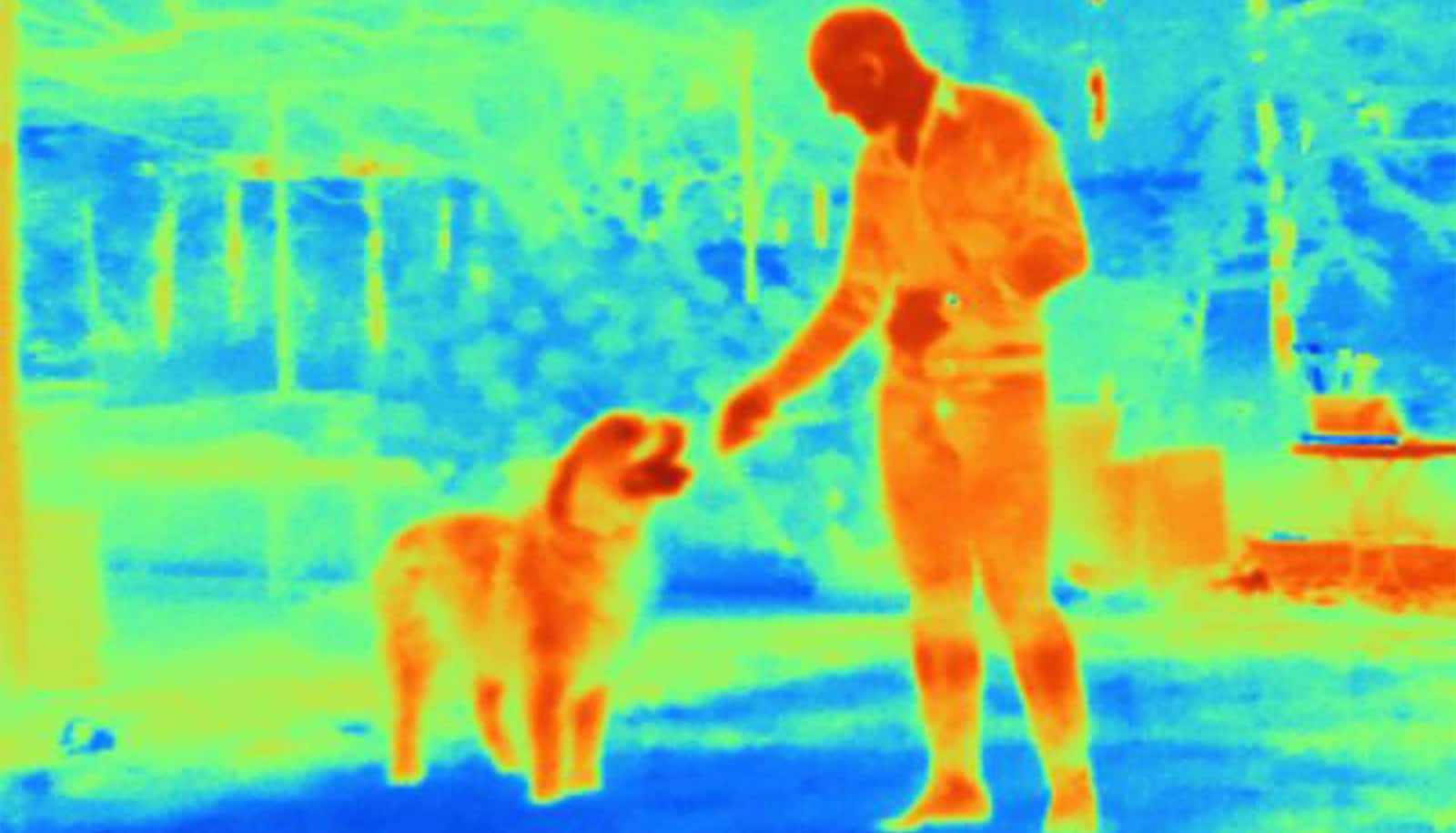The 6 dog breeds more prone to diarrhea, according to new study
The dreaded ‘poonami’ can strike fear in the hearts of dog owners. The post The 6 dog breeds more prone to diarrhea, according to new study appeared first on Popular Science.

For dog owners, diarrhea just comes with the territory and seeing a beloved pet in gastrointestinal distress can be awful for our noses and emotions. Most dogs will be diagnosed with the unpleasant ailment at least once in their life. New research from the United Kingdom’s Royal Veterinary College also indicates that some dog breeds may be more susceptible. Out of two million dogs studied, six breeds appear to be more likely to be diagnosed with diarrhea, according to a study published June 11 in the open-access journal PLOS One.
Just like in humans, diarrhea in dogs consists of loose stools. Normally, water is absorbed through a dog’s gastrointestinal tract. When it has diarrhea, everything it eats passes through the gastrointestinal system too quickly and the excess water is expelled with the waste products. According to the Cornell University College of Veterinary Medicine, this can cause dehydration over time. Vomiting and diarrhea in tandem can accelerate this risk. However, more mild cases are typically uncomplicated, meaning the dog otherwise appears happy and normal.
“Many cases of diarrhea in dogs and cats are mild and self-limiting,” Cornell University veterinarian Dr. Meredith Miller says. “If a pet stops eating, is lethargic, the diarrhea is black or tarry in quality, there is associated vomiting, or the diarrhea doesn’t resolve in 48-72 hours then veterinary care should be sought.”
In this new study, the authors analyzed the health records of over two million dogs that were brought to a veterinarian’s office in the United Kingdom in 2019. An estimated 8.18 percent of the dogs–roughly one in 12–were diagnosed with diarrhea at some point during that year.
[ Related: How to protect your pets from bird flu. ]
Six breeds were significantly more likely to be diagnosed with diarrhea than more generic mixed breeds–maltese, miniature poodle, cavapoo, German shepherd, Yorkshire terrier, and cockapoo. Only Jack Russell terriers and Chihuahuas were less likely to be diagnosed with diarrhea in this sample size.
While all breeds may have higher and lower predispositions to diarrhea, the authors also speculate that lifestyle may play a role. Diet and exercise habits could vary from breed to breed and some owners may have different likelihoods of taking their dog to the vet.
The dogs in the study that were three-years-old and under and those aged nine and older were more likely to be diagnosed with diarrhea than those ages four to five years old. Younger dogs may be more likely to eat foreign objects that can give them digestive issues. The complications of aging may also cause those older dogs to suffer from diarrhea, according to the team.
Additionally, many of the dogs with diarrhea were diagnosed with other conditions at the same time. Roughly 44 percent had vomiting, 28 percent had a reduced appetite, and 24 percent were reported as lethargic. Approximately 29 percent of all cases were classified as hemorrhagic–or diarrhea with blood.
Most of the dogs appeared to recover quickly from their diarrhea. Over 80 percent needed only one visit to the vet’s office. However, the authors also found that around 38 percent of all diarrhea cases were treated with antibiotics, despite the recommendations against using antibiotics in dogs with mild or moderate diarrhea.
“Experiencing the dreaded ‘poonami’ with your dog is one of those events any dog owner fears,” study co-author and animal epidemiologist and veterinarian Dr. Dan O’Neill said in a statement. “This new study shows that diarrhea events are very common in dogs but that owners should not panic–no matter how bad the deluge, most dogs will recover in a few days after veterinary treatment.”
The post The 6 dog breeds more prone to diarrhea, according to new study appeared first on Popular Science.


























































































































































